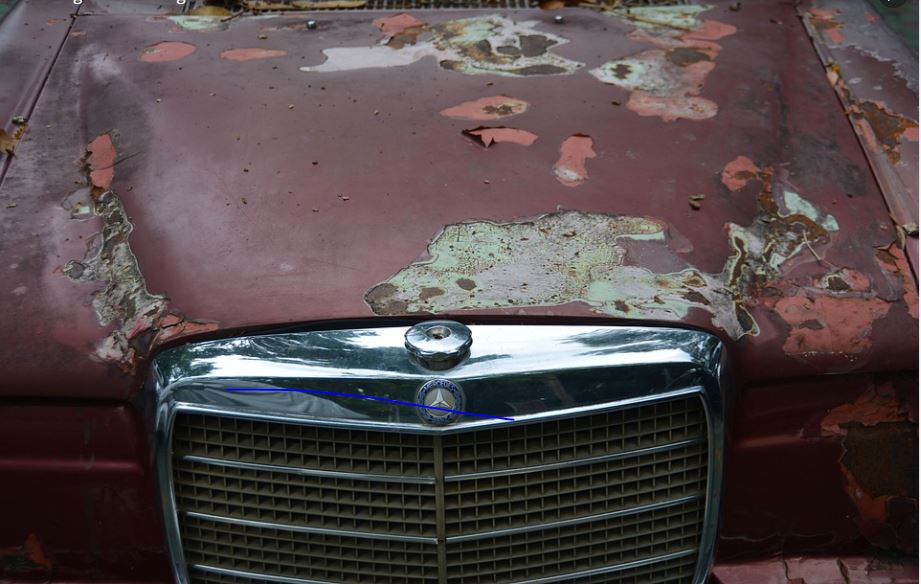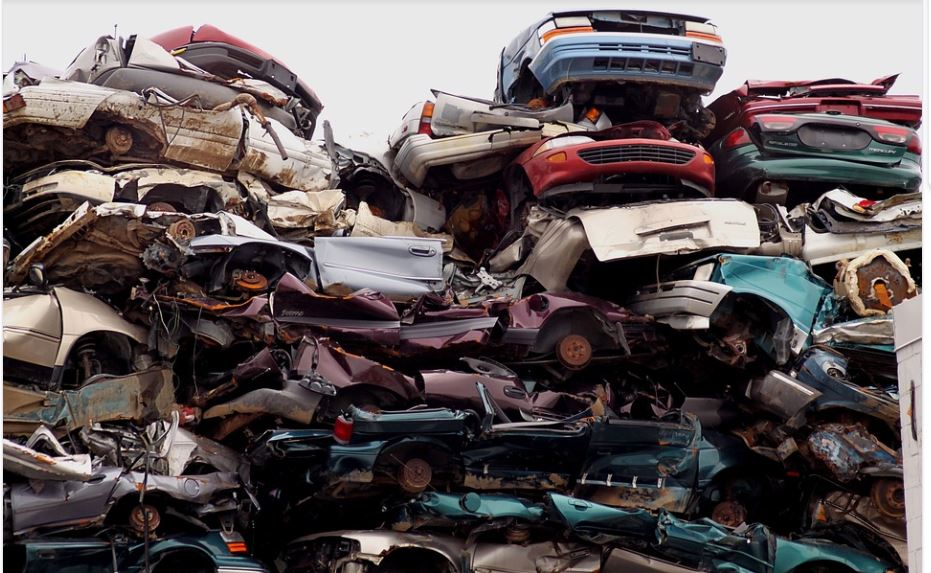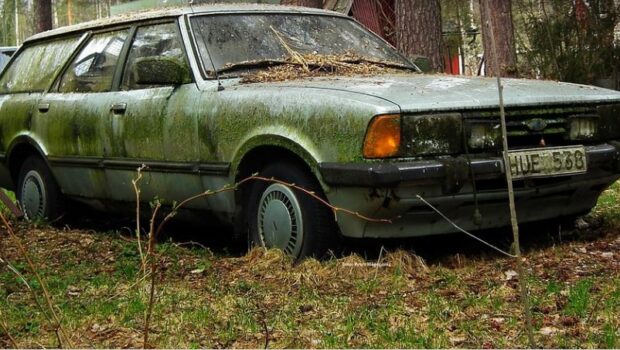How To Calculate the Salvage Value of a Used Car | All You Need To Know
Whether you have completely totalled your car or you are getting ready to sell a vehicle that you have had for quite some time now, it’s always good to know the salvage value before selling it.
Sure you can depend on the dealer buying your vehicle to make you an offer. However, if it comes down to negotiations, you will have a stronger case if you know the salvage value of our car. It also helps you avoid the type of scammers that make lowball offers to unsuspecting sellers.
Read on to find out more about salvage value, how to calculate it, and the many options you have when selling your car.
What Is Salvage Value and Why Is It Important?
The simplest definition for salvage value is that it is the estimated value of an asset (in this case your vehicle) that has been damaged beyond repair and can no longer be used for its intended purpose.
A good example is when a vehicle is destroyed in an automobile accident but you still want to get something out of it. While the insurance company will no doubt declare it worthless, you can still find some willing buyers to take it off your hands.
However, agreeing on a specific price is not easy, especially because vehicles are damaged differently in each particular accident. This is where the salvage value comes in. It will allow you to quickly determine the real market value of your car and help you to make better decisions.
Salvage value is also known as scrap value in some places. Regardless of the name, it is important to know that this is merely an estimate to help buyers and sellers reach an agreement that is as close to being fair as possible.
Common Issues With Salvage Vehicles

Do you know that a vehicle will lose 10% of its market value in the first few minutes after purchase? That is an astonishing level of depreciation. Now imagine how much value will be lost after 20 years!
Why do vehicles lose so much value over time? The following issues that are common in salvage vehicles may give us a clue:
- Broken Transmission
- Fuel System Issues
- Faulty Electrical Systems
- Dead Battery
- Blown Engine
- Check Engine Light
- Body Damage
- Bad or Broken Brakes
An Example of Salvage Value
To further illustrate the meaning of salvage value, let us look at the following example.
Let us say you buy a brand-new car for $100,000 and are told that the estimated life expectancy is 30 years after which the vehicle will no longer be usable. If you can sell that vehicle for $5,000 after 30 years, that is the estimated salvage value.
The real question is how they settle on that $5,000 amount. The answer lies in the following calculation for salvage value:
Salvage Value (S) = P (1 – i)y
In the above formula:
- P is the original price of the car
- y is the number of years of ownership
- i is the depreciation rate
By getting all this information and plugging it into that formula, you will be able to calculate the salvage value of your vehicle. Alternatively, many websites come with preset salvage value calculators. You just provide the information required and the value will be calculated for you in a second.
Steps to Calculate the Salvage Value of a Used Car

If you are ready to sell your car and want to know the salvage value, just follow these steps:
- Look up the current wholesale and retail prices of the vehicle using various sources of public information such as the Blue Book
- Find the average of these two prices which is equivalent to the current market value of the car
- Get the percentage used for determining the market value from your insurance company. This value is usually around 75%
- Since the percentage for market value is 75%, you will be using 25% to calculate the salvage value
- Multiply 25% by the current market value you calculated earlier
- If the cost of repairs is higher than this calculated value, then the car should be written off and salvaged as best as you can
You Have Two Options When Your Car Is Totaled
When your car is destroyed in an accident, it may look as if you are out of options but that is not the case. You can choose to do either of the following two things:
- Collect your settlement offer from the insurance company and allow them to sell the vehicle at its salvage value
- Keep the vehicle in which case the insurance company will give you a payout after subtracting any deductibles and the salvage value
The first option is the easier choice and one which most people take. However, if you feel you can get a better price for the vehicle than what the insurance company is quoting, you can take the second option and see if you can make a profit by getting cash for car on your own.
Salvage Value Depends on Where You Sell Your Car
The amount you get for your salvage vehicle depends a lot on where you sell your car, and for that, you have four basic options, which are:
Dealership
Your dealership can take back the car and if it can be sold quickly on their used car lot, you may be able to get a good price.
Junkyard
If your car already has other issues, such as a reputation for being high maintenance, selling it at salvage value will not be easy and a junkyard might be your best option.
Private Buyers
Private buyers are great options if you have good negotiation skills and your car is somewhat of a classic that can fetch a higher price based on sentimental value.
Online
The biggest market you will get is undoubtedly online. Here you will have access to a lot more potential buyers and will have a lot more flexibility in terms of pricing.
Conclusion
Although having to sell your vehicle at salvage value is far from ideal, it is not the end of the world. If you can calculate a fair price for the car, you can still walk away from a potentially disastrous situation with some money in your pocket.












